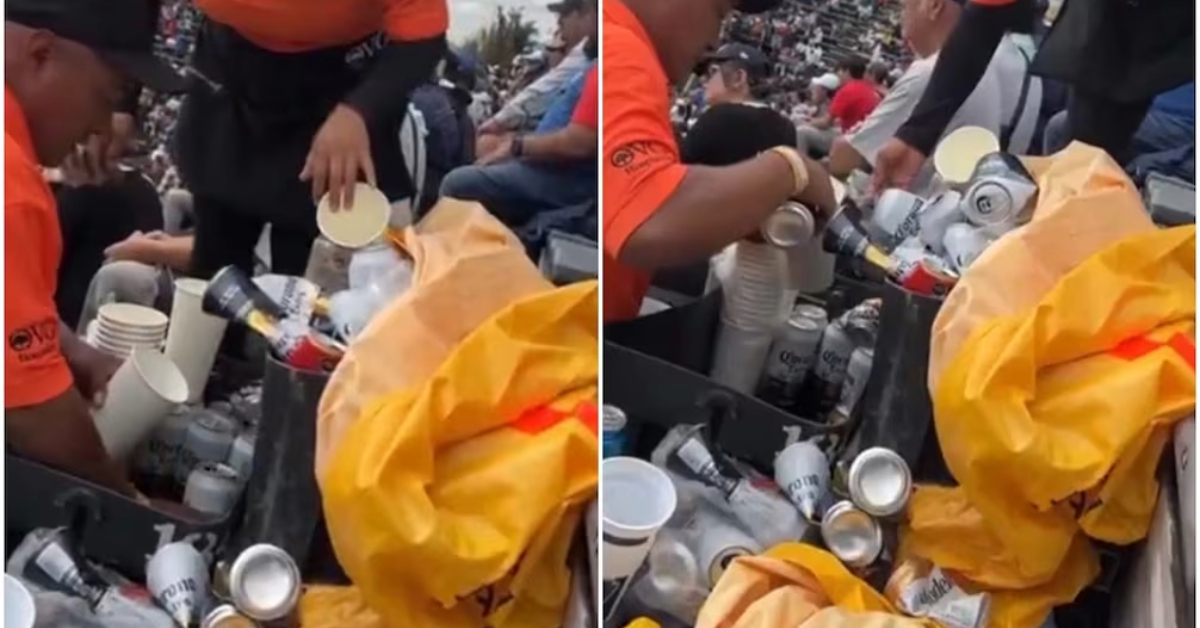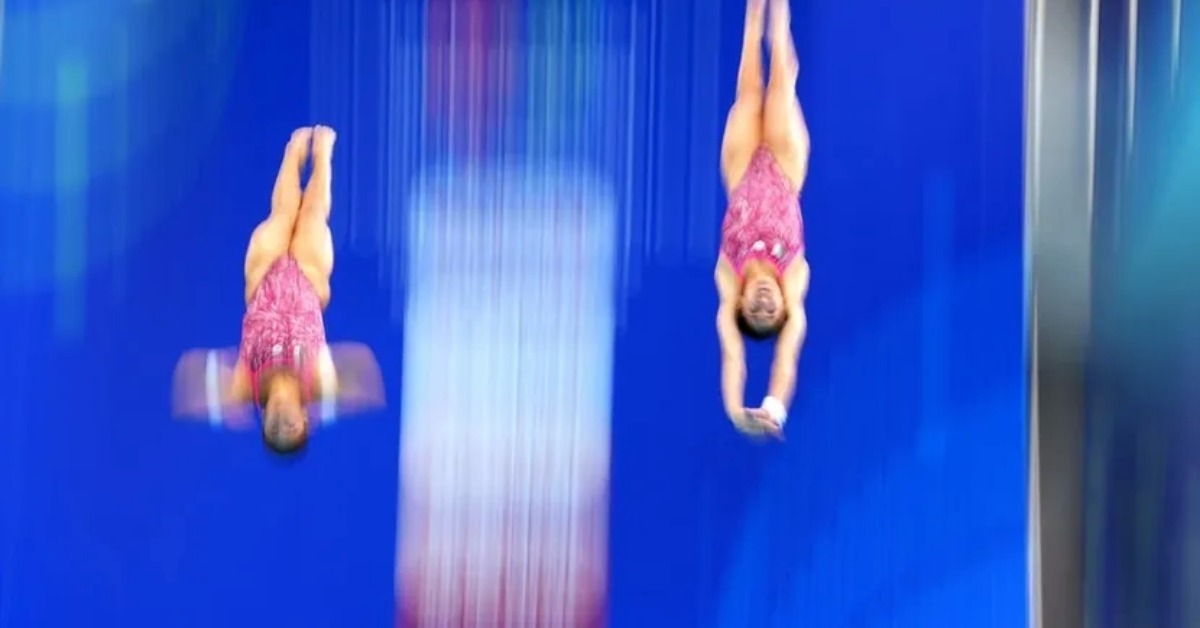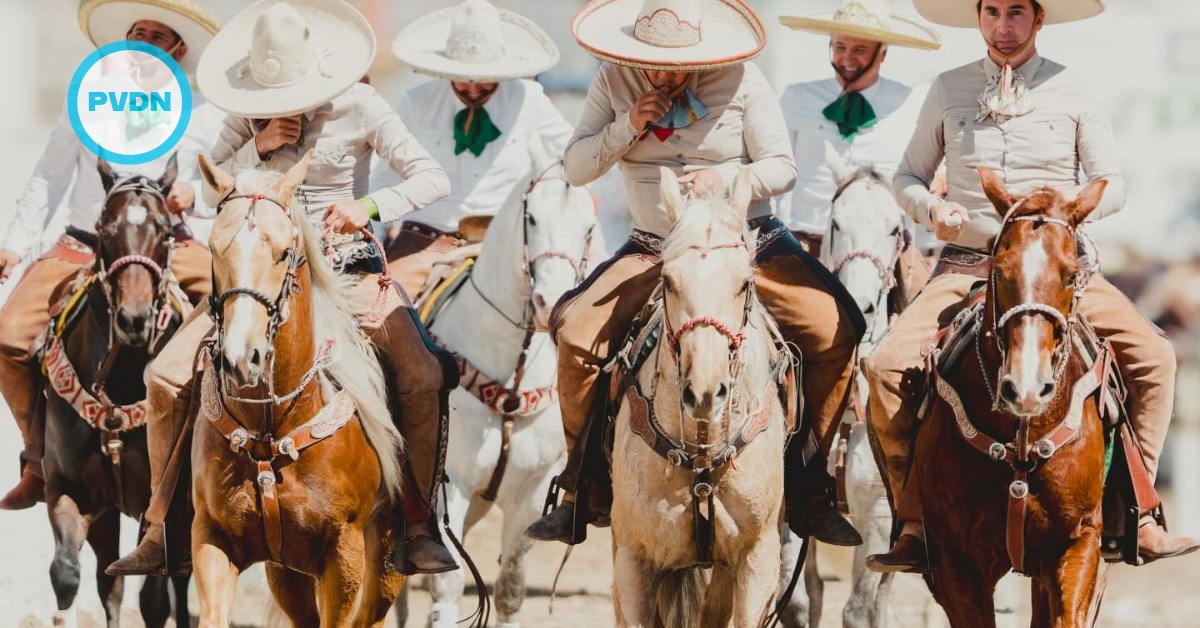A viral video from the NASCAR Xfinity Series in Mexico City shows street vendors diluting beer with dirty water, raising hygiene concerns at large-scale events.
Nearly 50,000 motorsports fans packed the Hermanos Rodriguez Racetrack over three days for the NASCAR Xfinity Series, one of the year’s most anticipated sporting events in Mexico. But the high-speed action and celebratory atmosphere were partially overshadowed by a viral video that has sparked widespread concern over food and beverage safety at large-scale public events.
The footage, circulated widely on platforms . . .






